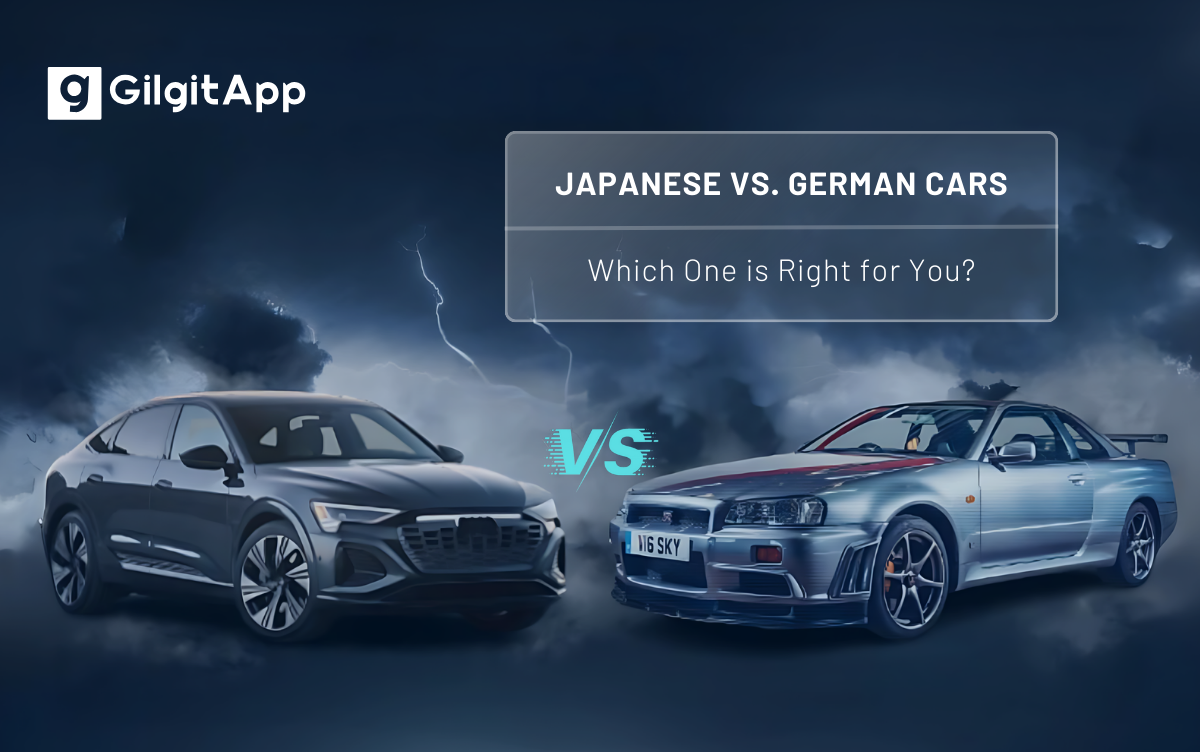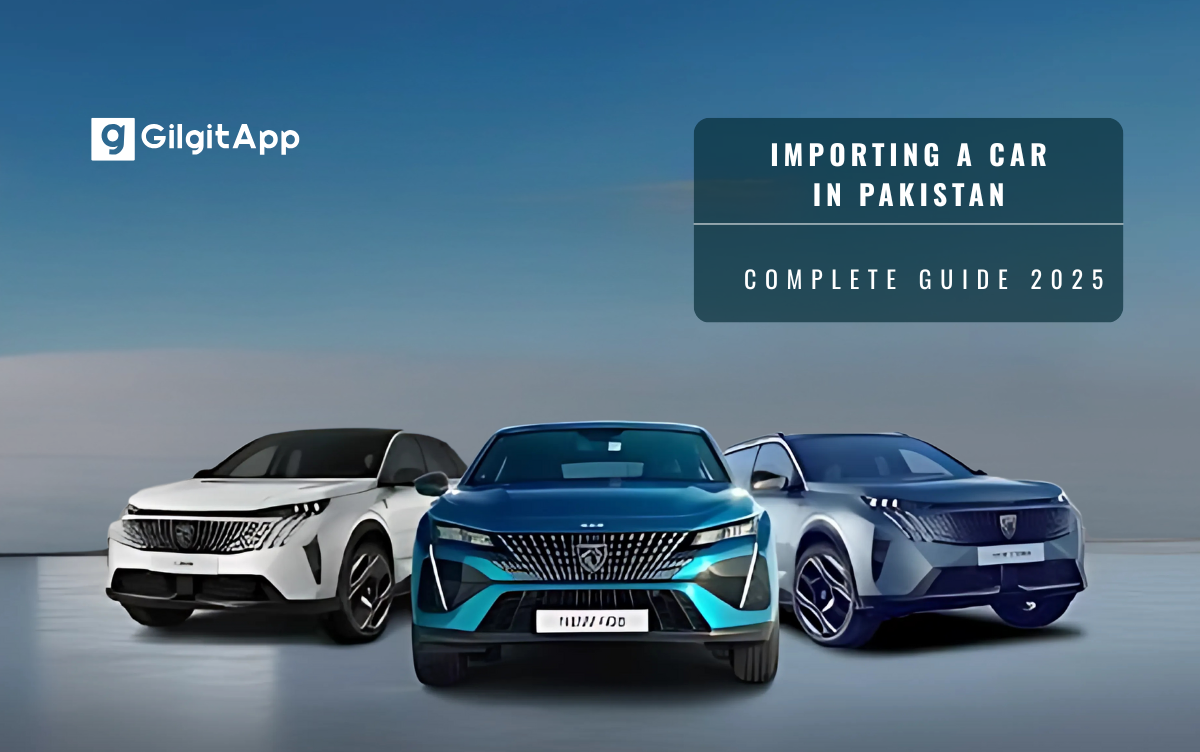Japanese vs. German Cars: Which One is Right for You?
Compare Japanese and German cars to find the right fit for you. Discover key differences in reliability, luxury, maintenance costs, spare parts, and value for money.

When you're looking to buy a high-budget used car in Pakistan, you’ll often find yourself choosing between Japanese and German options. The debate between these two car giants has been going on for decades, and there’s no simple answer. Both have their strengths, and it comes down to what you need from your vehicle. Let’s break it down and help you decide.
Repair and Maintenance: JDMs are Simpler
If you've ever owned a German car, you know how frustrating it can be when the check engine light pops up. Brands like BMW, Mercedes, and Audi are known for their complex engineering, making them tough for regular mechanics. Many workshops in Pakistan won’t even touch them.
Japanese cars, like Toyota, Honda, and Suzuki, are much easier to maintain. These cars are built with simplicity in mind, and you’ll have no trouble finding a mechanic who can fix them at a reasonable cost.
Luxury and Comfort: Germans Lead the Way
When it comes to luxury and comfort, German cars take the crown. Brands like BMW, Mercedes, and Audi offer a level of refinement that is hard to match. While high-end Japanese models like the Lexus and Toyota Crown can compete, they’re still not quite at the same level of luxury.
For everyday brands like Honda and Suzuki, comfort is decent but nowhere near what German cars deliver.
Value for Money: JDMs Win
If you're looking for a car that holds its value, Japanese cars are the way to go. You can easily sell an older Toyota or Honda at a good price, and there’s always a market for these cars. They’re reliable, affordable to maintain and retain their value well.
German cars, on the other hand, tend to lose value faster. People are often hesitant to buy older BMWs or Audis because of the high cost of maintenance and potential repair issues.
Spare Parts: JDMs are Cheaper
Spare parts for Japanese cars are easy to find and affordable. You can even get used parts from local markets, which helps keep maintenance costs low. German cars, however, are a different story. Their parts are expensive and often need to be imported, which can cost a fortune.
Status Symbol: Germans Stand Out
If you're after a car that makes a statement, German cars are the way to go. A BMW, Mercedes, or Audi will always turn heads, even if it’s an older model. They have a strong reputation for luxury and status, whereas brands like Toyota and Honda are seen as practical, reliable options.
Safety: Both Are Strong
When it comes to safety, both German and Japanese cars do well. High-end Japanese models like the Toyota Land Cruiser are just as safe as German luxury cars. Both types of cars come with a range of safety features, and you can feel secure no matter which you choose.
Conclusion
Ultimately, the choice between Japanese and German cars depends on your priorities. If you want reliability, low maintenance costs, and strong resale value, a Japanese car is your best bet. But if you’re looking for luxury, comfort, and a status symbol, you’ll likely lean toward a German car. Both have their advantages, so choose the one that fits your lifestyle and budget.




